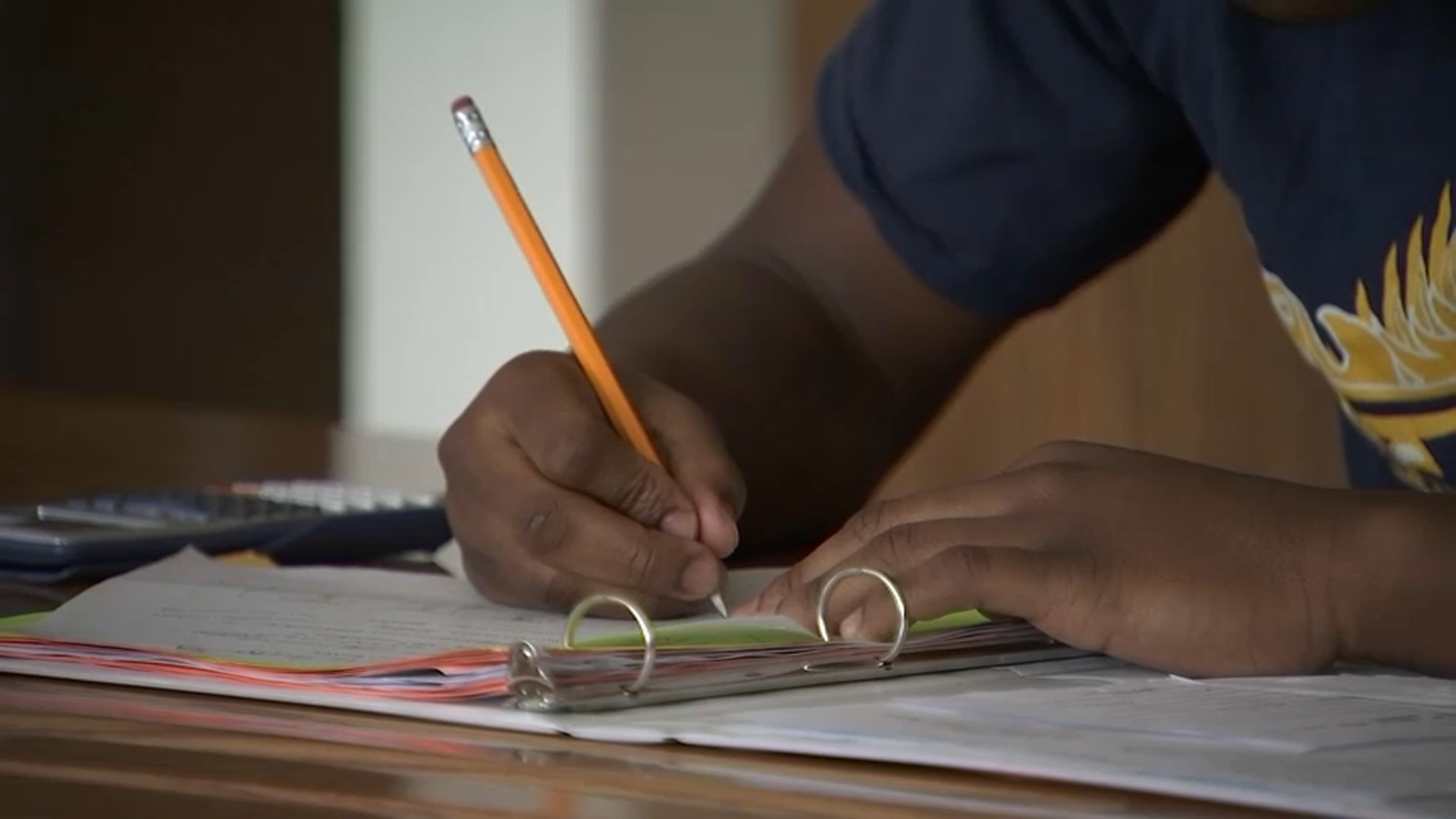A week and a half later, we’re still seeing waves of criticism hitting Florida after the state’s Board of Education approved new standards for teaching African American history in grades K-12.
The Board insists the curriculum covers the good and the bad unvarnished, from slavery to the civil rights movement, but there’s been intense disagreement from many educators and Black community leaders.
Watch NBC6 free wherever you are
>“It is suppressing the bad parts, it is overstating the good parts, it’s leaving out context,” said Dr. Marvin Dunn, FIU professor emeritus and an expert on violent events against Black people in Florida.
Three Black community leaders, State Senator Dr. Rosalind Osgood, State Senator Shevrin Jones, and Miami-Dade School Board member Dr. Steve Gallon, are hosting a town hall on the issue on Aug. 10 in Miami Gardens. Education Commissioner Manny Diaz has agreed to attend the event.
Get local news you need to know to start your day with NBC 6's News Headlines newsletter.
>“You can see that everything is covered,” Diaz said in the public hearing last week when the Board approved the standards. “From elementary school where we start talking about those who have been prominent African Americans and as age-appropriate, we go into some of the tough subjects, all the way into the beginnings of the slave trade, Jim Crow laws, civil rights, everything that occurred throughout our history.”
Osgood and Gallon say the new standards are nothing less than an attempt to sanitize history.
“When you start to suggest in a curriculum that slavery was bad, it was brutal, but guess what, blacks enslaved too, so you’re trying to provide some level of justification, some level of marginalization, to avoid hurting whose feelings?” Gallon asked.
“We see it with textbooks being rejected and publishers being told to not even mention that Rosa Parks was a black woman,” Osgood replied, referring to a textbook controversy in Florida.
Nationally, the portion of the standards which says, “slaves developed skills… which could be applied to their personal benefit” has been a flashpoint for criticism and ridicule.
“Black people had already created a civilization in Africa before they were even brought here in 1619, so they already had skills,” Osgood said.
“And they brought that technology, of building, of agriculture, of horticulture, to their enslavement, so they came with a set of skills that actually helped build this nation on their black, battered and brutalized backs over the past 500 years,” Gallon responded.
Gallon says his objections go beyond misrepresentations in the standards to what he calls factual errors.
“For example, one representation that’s a pure white wash is that Abraham Lincoln had a commitment to end slavery, history reflected in Lincoln’s own words his priority was not to end slavery, his priority was to bring resolution, solidarity, and unity to the Union,” Gallon explained.
Both he and Osgood say Diaz is doing the right thing by agreeing to attend their town hall meeting.
“You can’t just sit in an office and make policy, you have to at least give the people the humanity of facing them and hearing their concerns,” Osgood said.
The standards have become an issue on the campaign trail, with Governor Ron DeSantis defending them while some of his Republican opponents, including Senator Tim Scott of South Carolina, have sharply criticized them as being distortions of history.



